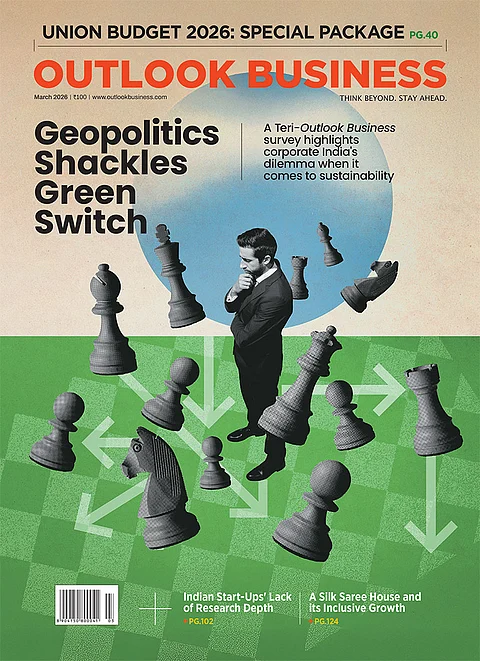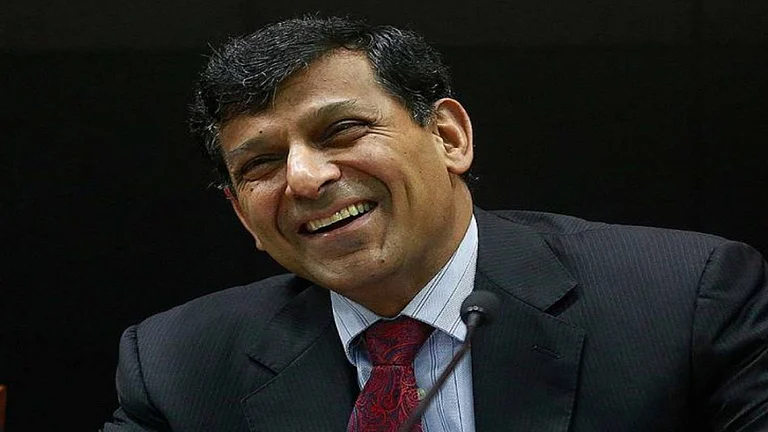Economist and former RBI Governor Raghuram Rajan said on Tuesday that India is not fully reaping the benefits of its demographic dividend. Rajan said that the Indian economy is struggling to create enough jobs for its young population.
Speaking at the conference 'Making India an Advanced Economy by 2047: What Will it Take' held in George University in the United States, Rajan questioned the commentary around India's growth rate. "[The 6 percent growth] is in the midst of a demographic dividend. It is much below where China and Korea were when they reaped their demographic dividend. And that's why I'm saying we are being overly complicit when we say this is great. This is not because we are losing the demographic dividend because we are not giving those guys jobs."
The comments of the economist comes amidst a debate over unemployment in India. A report released by International Labour Organisation (ILO) and Institute of Human Development (IHD) in March revealed that youth accounted for 83 per cent of unemployed population in the country.
India's Chief Economic Advisor V Anantha Nageswaran had said during the release of the report that the government can't be expected to solve every social and economic challenge. "In the normal world, it is the commercial sector who needs to do the hiring," he said.
Centre for Monitoring Indian Economy's (CMIE) data showed that the unemployment rate was highest amongst the graduate population in the country at 17.31 per cent. Official estimates peg India's unemployment rate at 3.1 per cent.
Talking about creation of jobs to reap the benefits of the demographic dividend, Rajan said that upskilling can be one solution. He said, "The answer to my mind is partly enhancing the capabilities of the people we have, partly changing the nature of the jobs that are available and we need to work on both fronts."
The former RBI governor also questioned the focus on sectors such as chip manufacturing. He opined, "We are going down in those areas. No wonder we have more of a job problem. The job problem was not created in the last 10 years. It's been growing over the last few decades. But if you neglect the areas which are more intensive, I'm not saying we need to now offer subsidised subsidies to leather examples, but figure out what's going wrong there and try and rectify that."
































